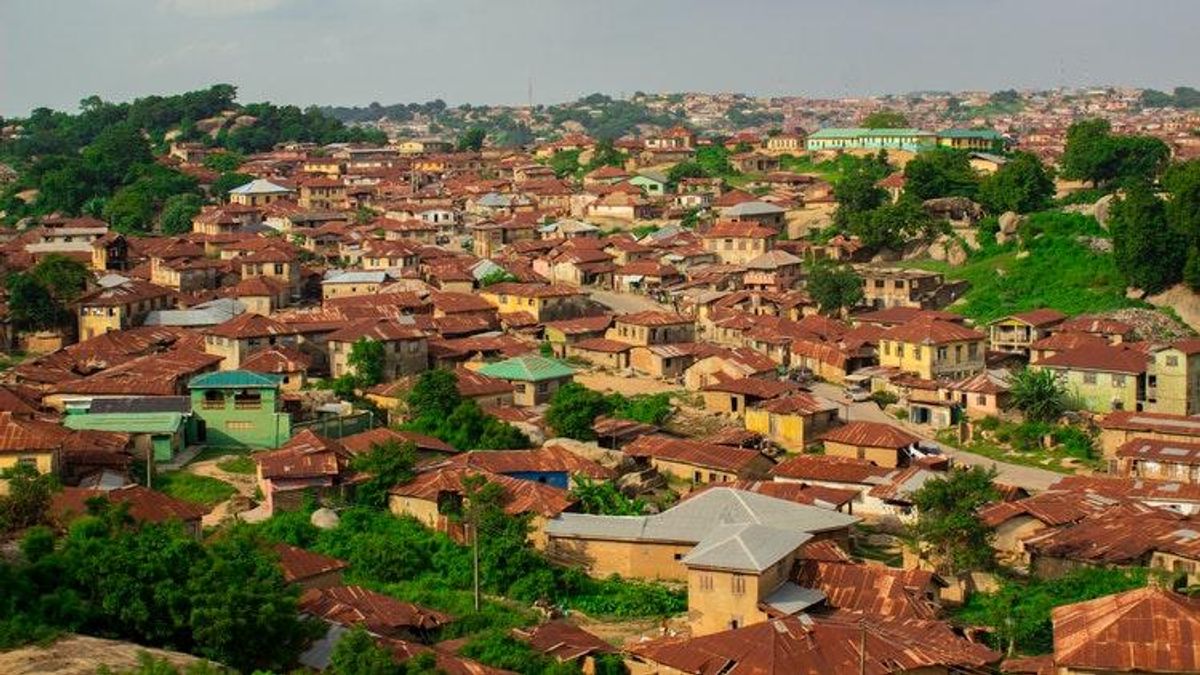The risk of having HIV is nearly five times as high for gay or bi men in sub-Saharan nations that severely criminalize gay sex compared to those in nearby countries where such activity is legal.
The findings were presented by Johns Hopkins University at last month's International AIDS Conference, and reported by NAM. The research was conducted between 2011 and 2018, with over 8,100 men participating in the study. The nations were separated into three categories: no criminalization of gay sex, criminalization of gay sex, and severe criminalization of gay sex. The latter category featured nations with prison sentences of more than 10 years for those convicted of having same-sex activity, like Gambia and Nigeria. The less severe criminalization category was considered when countries had prison sentences of eight years or less and included Cameroon, Senegal, Togo, and eSwatini.
Factoring in age and education level, men living in nations with penalties for gay sex were over twice as likely to have HIV then those in nearby nations with no criminalization (Burkina Faso, Côte d’Ivoire, Guinea-Bissau and Rwanda). Men living in Gambia and Nigeria, with severe prison sentences for gay sex, were nearly five times as likely to have HIV than those in nations with no legal restrictions.
Where same-sex activity was not criminalized, 8 percent of men who have sex with men were found to have HIV, 20 percent were HIV-positive in those where gay sex was criminalized, and 52 percent in sub-Saharan nations where same-sex activity was a major crime.
In nations criminalizing gay sex, there are few options for HIV prevention or treatment and many are reticent to access what is available because of the inherent danger involved.











































































